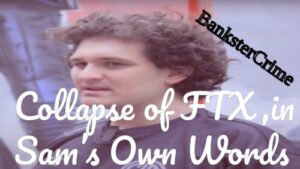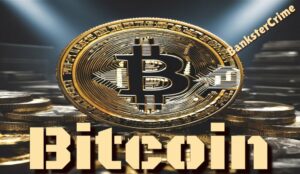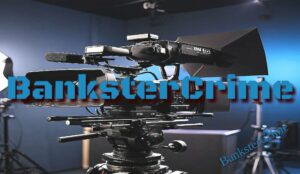
BanksterCrime:
Citigroup Gets Fined $79 Million Two Years After It Caused a $300 Billion Flash Crash in European Stock Markets
By Pam Martens and Russ Martens,
Two U.K. regulators, the Financial Conduct Authority (FCA) and the Prudential Regulation Authority (PRA), announced this morning that they have leveled fines totaling $78.5 million against Citigroup’s European trading arm, Citigroup Global Markets Ltd. (CGML). See here and here. The fines relate to a $300 billion flash crash in European stock markets on May 2, 2022.
Citigroup is the parent of the fourth largest federally-insured bank in the United States, Citibank. During the 2008 financial crisis, Citigroup imploded and became a 99-cent stock because of its high-risk market activities. It received over $2.5 trillion in bailouts and cumulative loans – the largest bailouts in global banking history.
The U.K. regulators have today put the blame for that May 2, 2022 flash crash on a trader on Citigroup Global Markets’ Delta One trading desk, who, according to the regulators’ scenario, entered a $444 billion trade into the Citigroup system instead of the intended $58 million trade. According to this scenario, the trader placed the monetary amount of the trade he wanted to execute in the quantity box on his trading dashboard instead of in the monetary box.
Today, the U.K.’s Prudential Regulation Authority provided extensive details about the long, failed history of Citigroup in bringing this trading unit into compliance. In one particularly alarming section, it explained how traders were able to override risk limits. It wrote:
“In the period January 2020 to February 2021, Equity Derivative traders made approximately 985 changes to the CitiQuote Max Notional MMC, including 31 notional [face amount of trades] increases, without obtaining RCC [supervisory] approval.” MMC stands for Minimum Mandatory Control.
In Appendix A of the PRU report, it provided this scenario about how the May 2, 2022 trade at the Delta One desk at Citigroup went off the rails. It wrote:
“On the morning of 2 May 2022 (a UK Bank Holiday), CGML received a request to sell 24,800 lots of the MSCI World Index futures (a stock index which tracks stocks worldwide), primarily priced on an agency basis. Between 08:47 and 08:54, a trader on the Delta One desk set about booking a basket of equities to hedge a proportion of CGML’s European exposure to the MSCI World Index. This required a decomposition of the Index, detailing the constituents of the Index and their relative weighting within it. Having done this, the notional value for each component stock could be calculated. There were at least two methods available to the trader to do this, either using PTE directly or using a decomposition tool called SOLA. However, at this moment the SOLA tool was unavailable, meaning the trader was unable to use this tool to construct the constituents of the Index. Therefore, at 08:54 the trader manually entered the European element of the trade directly into PTE by selecting a pre-loaded index, the MSCI Europe (ex UK).
“In the PTE order management system, a trader is required to enter either the US$ ‘Notional’ of the index, or else the ‘Quantity’ of index units, to be bought or sold. Either of these fields can be populated to determine the size of the trade. The trader at that time was dealing only with the European stock portion of the MSCI World Index (i.e. excluding the UK, US, and Japan) and planned to enter an order for US$58mm notional. However, rather than entering 58 million into the ‘Notional’ field, which would have created a basket of equities with notional of US$58mm, 58 million was entered into the ‘Quantity’ field. This had the effect of creating a basket equivalent to 58 million units of the MSCI Europe (ex UK) index (‘the Index’), which equated to creating a basket of 349 stocks, across 13 European countries, with a total notional size of US$444bn. At this point, the erroneous basket was not visible to the market.”
The U.K. regulators reported that the error was detected inside Citigroup before the bulk of the dollar amount was executed.
According to news reports on May 2, 2022, the flash crash caused by Citigroup’s trading error plunged Sweden’s benchmark index, the OMX, by 8 percent at its low on the day. The index later recovered to close with a loss of just under 2 percent. The plunge caused an immediate ripple effect that briefly spread to other European stock markets.
El Pais, a leading newspaper in Spain, reported at the time that “European stock markets as a whole lost over €300 billion as a result of the so-called Nordic flash crash.” That was the equivalent of approximately $315.5 billion at the time.
Trading volume in Europe was lower than normal on May 2, 2022 because the London Stock Exchange was closed for a banking holiday.
This narrative of an erroneous fat finger at Citigroup would be a lot more credible were it not for Citigroup’s past history – which includes an eerily similar episode in 2004. Citigroup’s traders code-named the 2004 episode the “Dr. Evil” trade. Notably, the code name was assigned in advance of the trade.
The trade exploited a weakness in electronic bond trading during another low volume day in August of that year. Citigroup traders placed sell orders for billions of dollars of bonds within a matter of seconds, driving down prices, then bought the bonds back at the lower prices, earning significant profits in the process. Citigroup was fined $26 million in 2005 by Europe’s Financial Services Authority (the predecessor to the FCA) for the Dr. Evil trades.
Dr. Evil was not the first time that Citigroup used a code name for an unseemly maneuver. Citigroup staffers created another code name, “Buca Nero” – Italian for “Black Hole” – for an accounting maneuver it used to make debt appear to be an investment at the debt-strapped Italian dairy giant, Parmalat. The company collapsed in 2003 in what was then Europe’s largest bankruptcy.
In 2005 Citigroup settled charges with the Securities and Exchange Commission for $101 million for helping the infamous collapsed energy company, Enron, inflate its cash flows and under-report its debts. Also in 2005, Citigroup settled with private litigants for $2 billion over its role in the bankruptcy of Enron.
In the leadup to Wall Street’s financial collapse in 2008, Citigroup had been on a roll creating Structured Investment Vehicles (SIVs) and using them to move its toxic subprime debt off its balance sheet. The problem was that those SIVs contractually promised to provide liquidity to buyers of the SIVs’ commercial paper (which was quietly placed in big-name mutual funds in the U.S.) if there were no other buyers willing to roll over that commercial paper. That meant that Citigroup, in providing those “liquidity puts,” had to move this toxic subprime debt back on its own balance sheet during the financial crisis of 2008, resulting in it taking massive losses. Citigroup’s share price collapsed to 99 cents in early 2009 as it was receiving the largest taxpayer bailout in global banking history.
Beginning in December 2007 and lasting through at least June of 2010, Citigroup received the following in bailouts: $2.5 trillion in secret cumulative loans from the Federal Reserve; $45 billion in capital injections from the U.S. Treasury; the Federal government guaranteed over $300 billion of Citigroup’s assets; the Federal Deposit Insurance Corporation (FDIC) guaranteed $5.75 billion of its senior unsecured debt and $26 billion of its commercial paper and interbank deposits.
Fortunately for the long-tenured Chairman and CEO of Citigroup, Sandy Weill, he had retired a few years prior to the collapse and had cashed out hundreds of millions of dollars of his Citigroup stock before the crash arrived for the little folks.

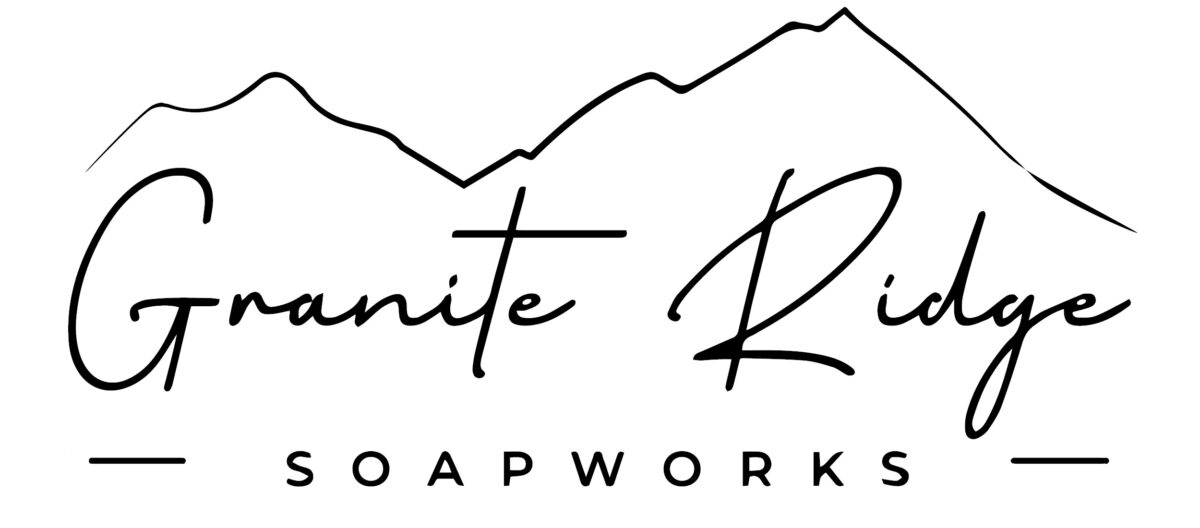
These bars are for exfoliation. They leave your skin feeling refreshed and amazing. Our soaps are gentle and produce a smooth creamy lather that is nourishing to your skin. Our bars are handmade in small batches. We use only high-quality natural ingredients that you can pronounce. No chemicals, no sodium laurel sulfate, no phthalates, no parabens, no detergents.
Our soaps are made with skin loving ingredients including olive oil, coconut oil, lard, sweet almond oil, shea butter, and castor oil. We do not use palm oil.
Please select from:
French Vanilla Coffee has the aroma of fresh coffee and is mildly exfoliating from finely-ground coffee beans. The scent notes are fresh brewed coffee, cream, sugar, and warm vanilla.
Coffee Scrub has finely-ground coffee beans for strong exfoliation. Great for cleaning hard-working hands. Or use to scrub rough skin on your heals. There is no scent added.
Scented Oatmeal, Milk, and Honey contains goat milk and honey for a rich lather and is mildly exfoliating with oatmeal. It is mildly scented with the aroma of vanilla, almond, hawthorn, and milk.
Unscented Oatmeal, Milk, and Honey contains goat milk and honey for a rich lather and is mildly exfoliating from the oatmeal. There is no scent added to this bar.
Samples give you a chance to try before you buy. You will receive four random scent samples, unless you specify which ones you would prefer. Each sample will weigh approximately 0.5 ounces.
This listing is for 1 of our beautiful bars of soap. A bar will weigh approximately 4.5 ounces and be approximately 2.25 inches wide by 3.5 inches tall and 1.25 inch thick. Please keep in mind that our products are handmade and hand cut. Each bar is unique and might vary slightly in shape, size, design, and color from those pictured.
Please keep your handmade soap well-drained and allow to dry between uses. This will ensure a longer lasting bar.
Allergen: Our soaps contain dairy and oil from tree nuts. Please test on a small area of skin prior to use and stop using if irritation occurs. Do not use if you are pregnant. Do not use on infants under the age of 24 months. Do not get soap in your eyes as it will sting slightly. GoShopping
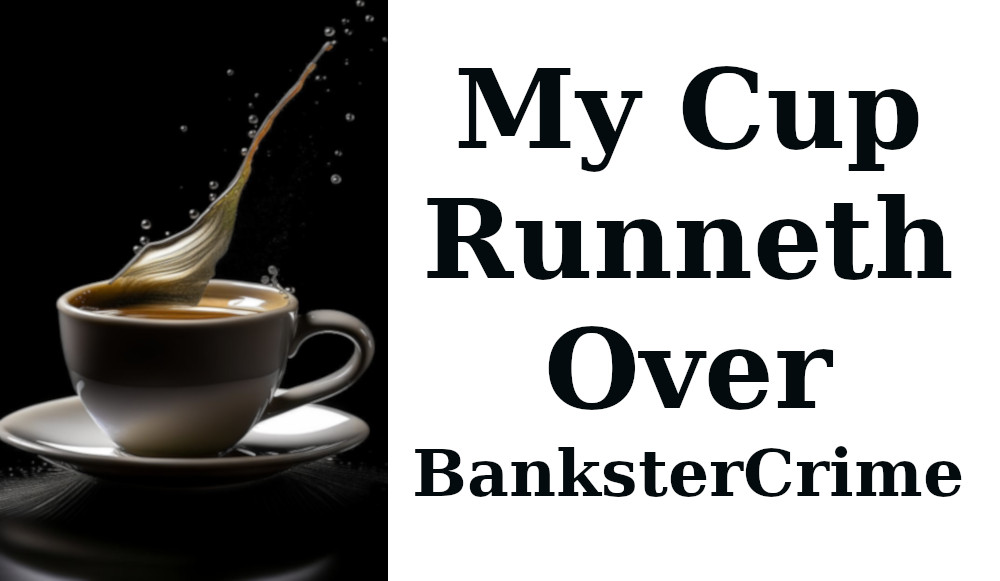
![]()

